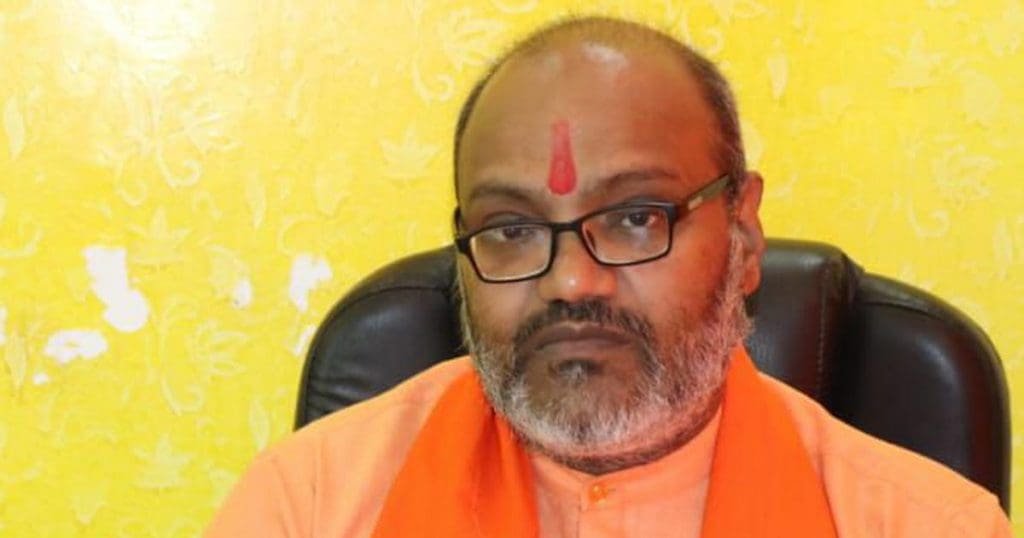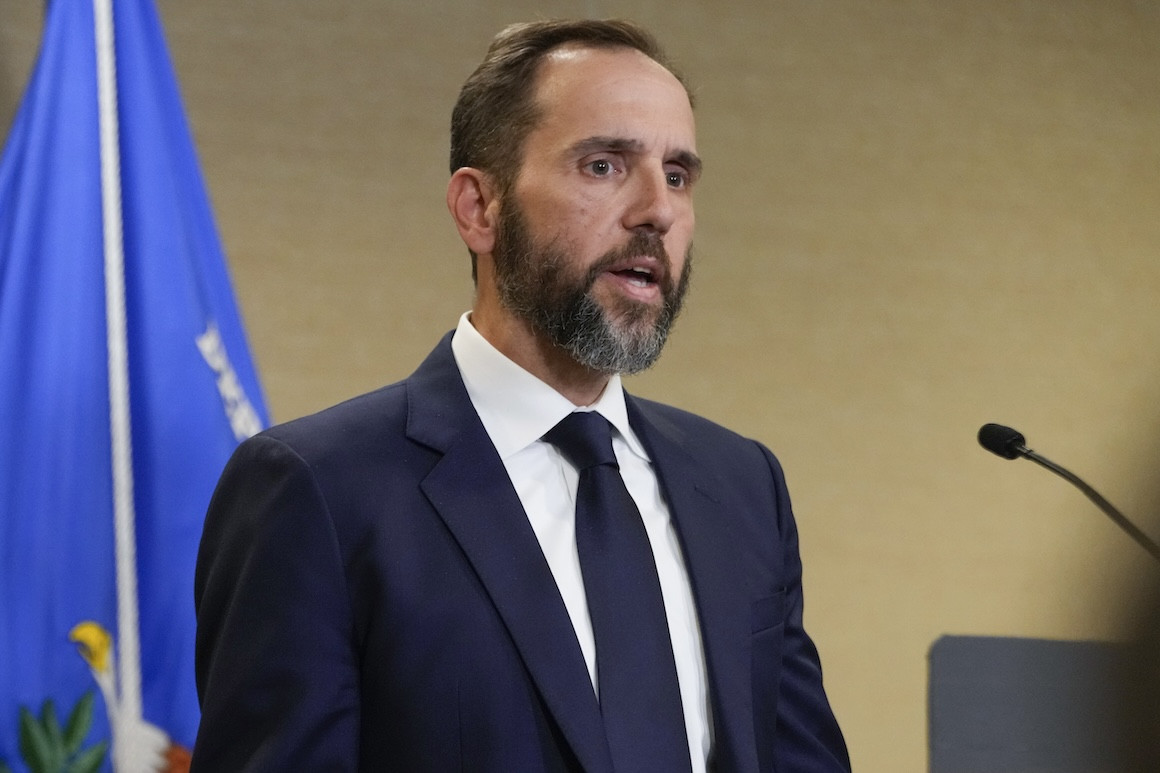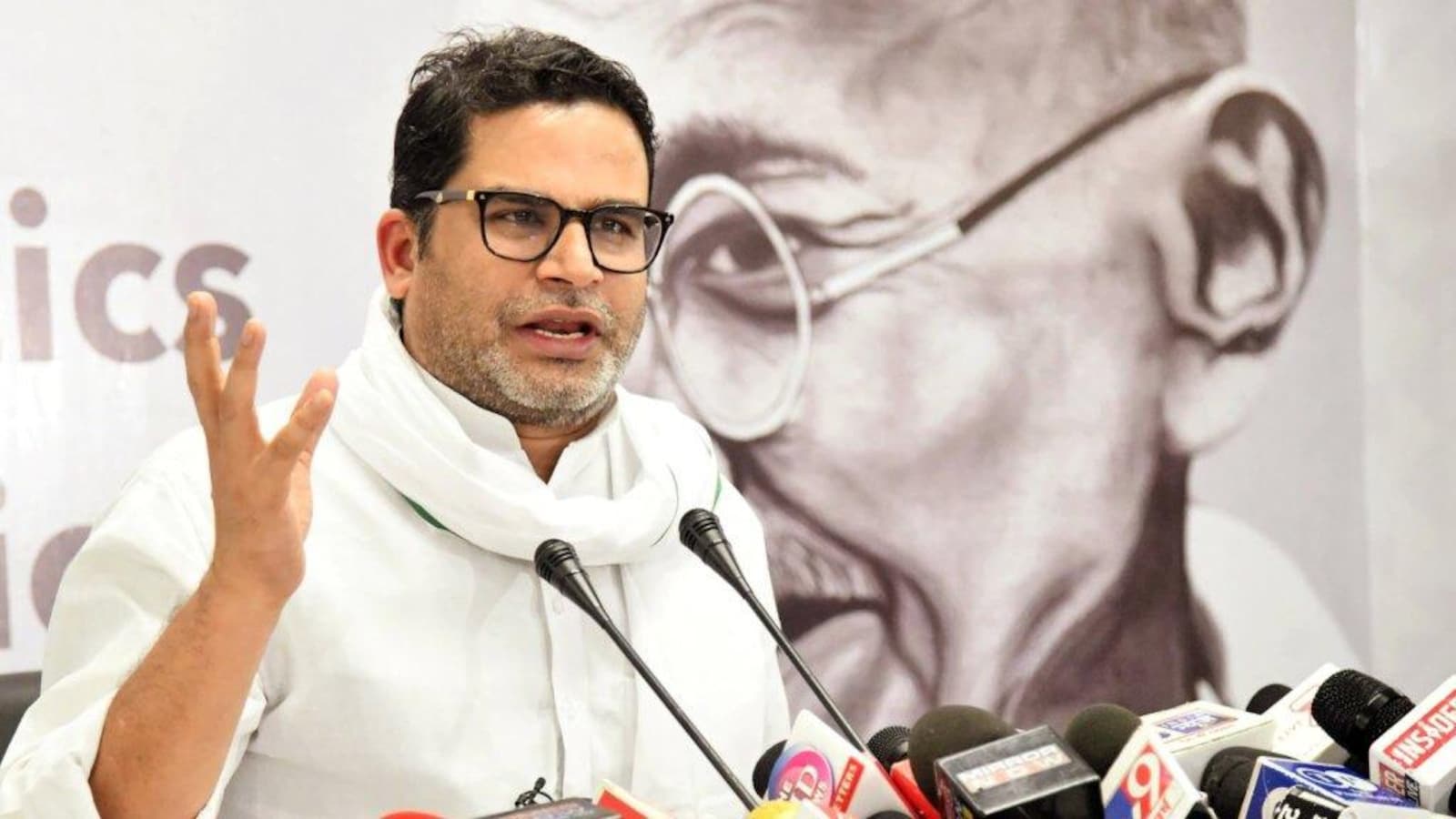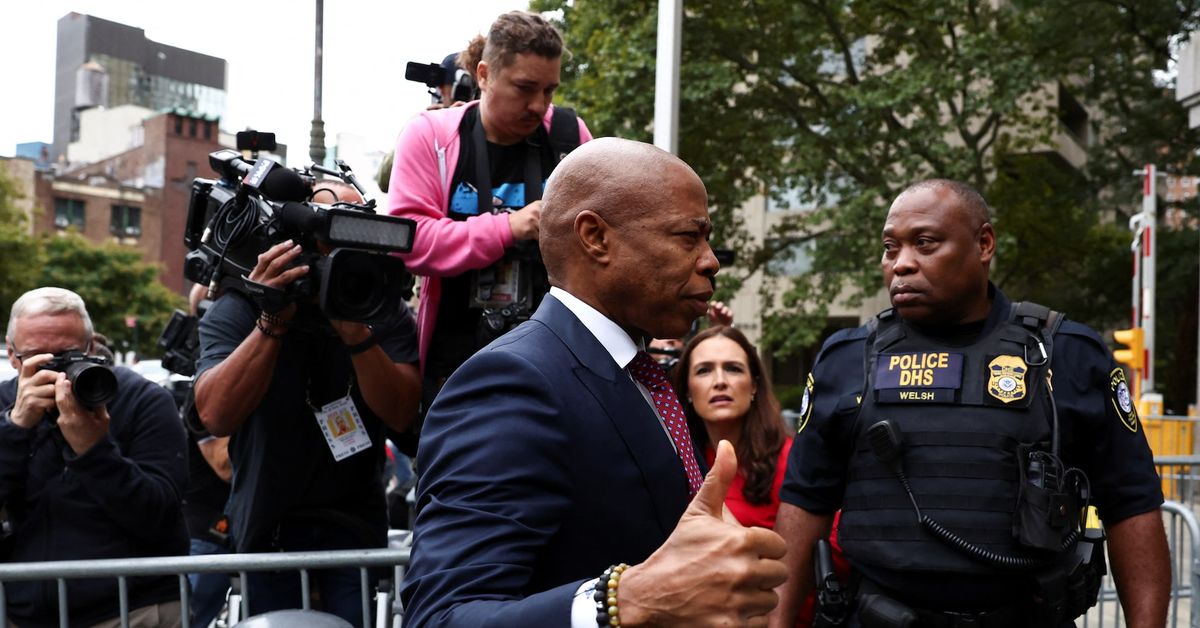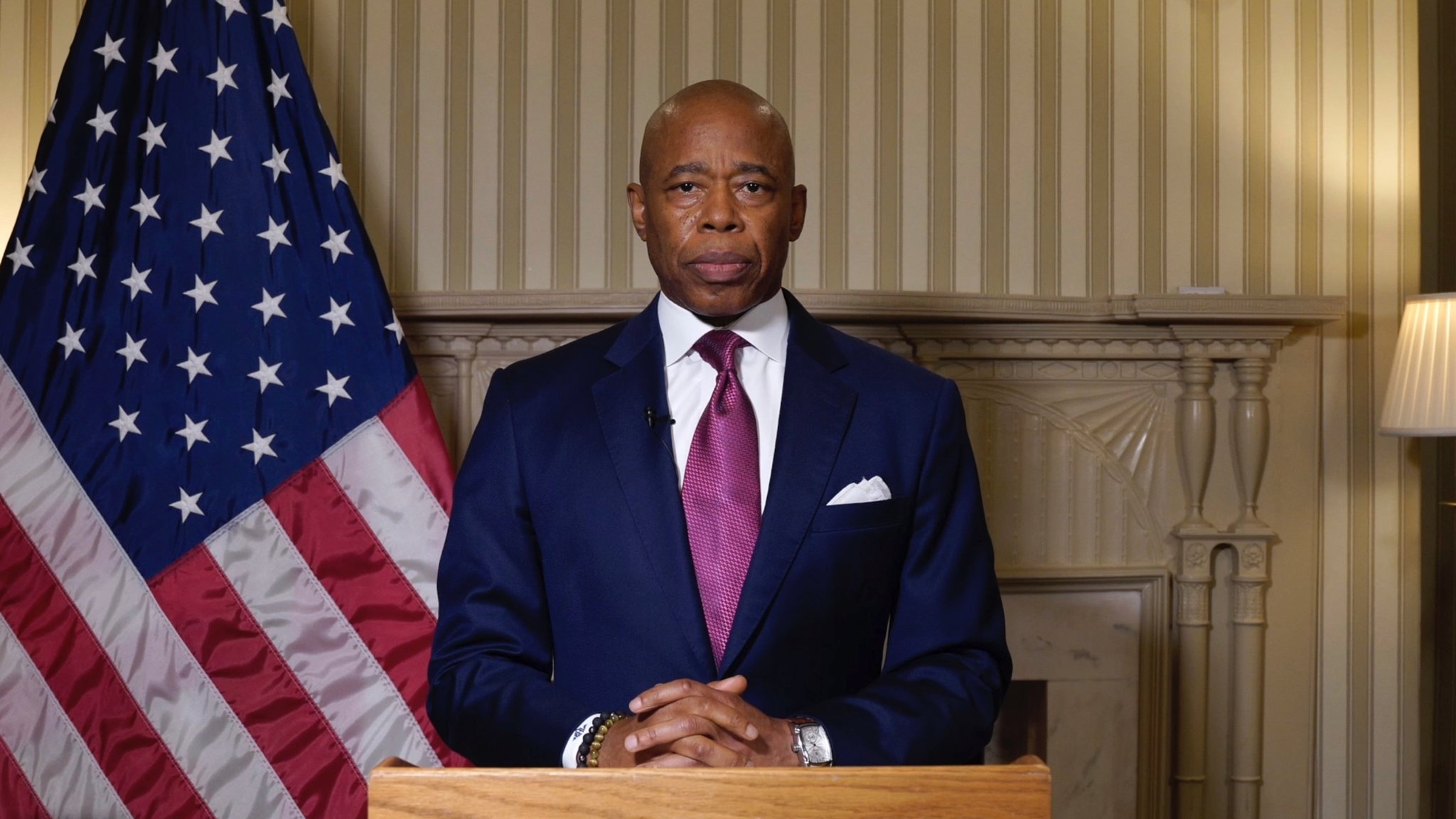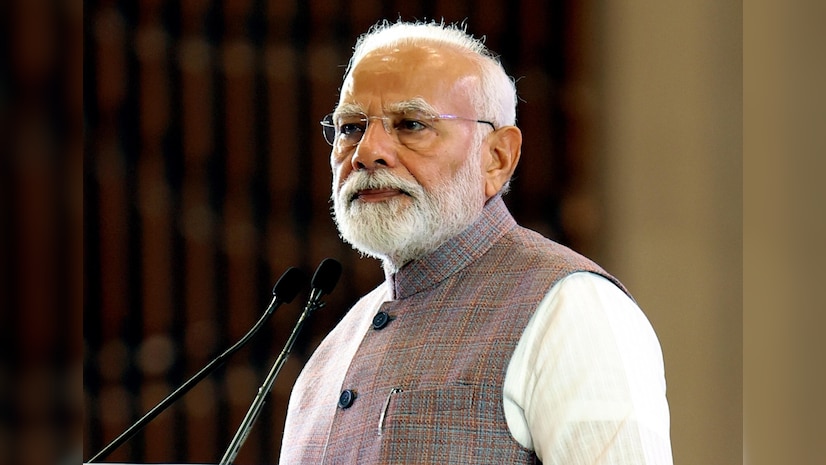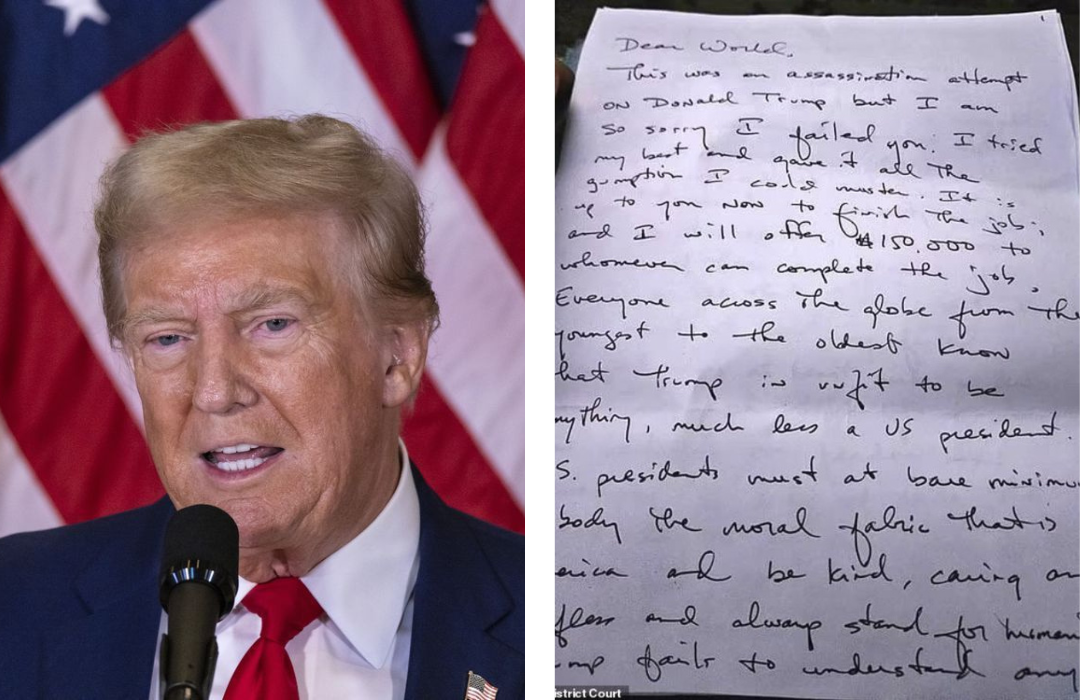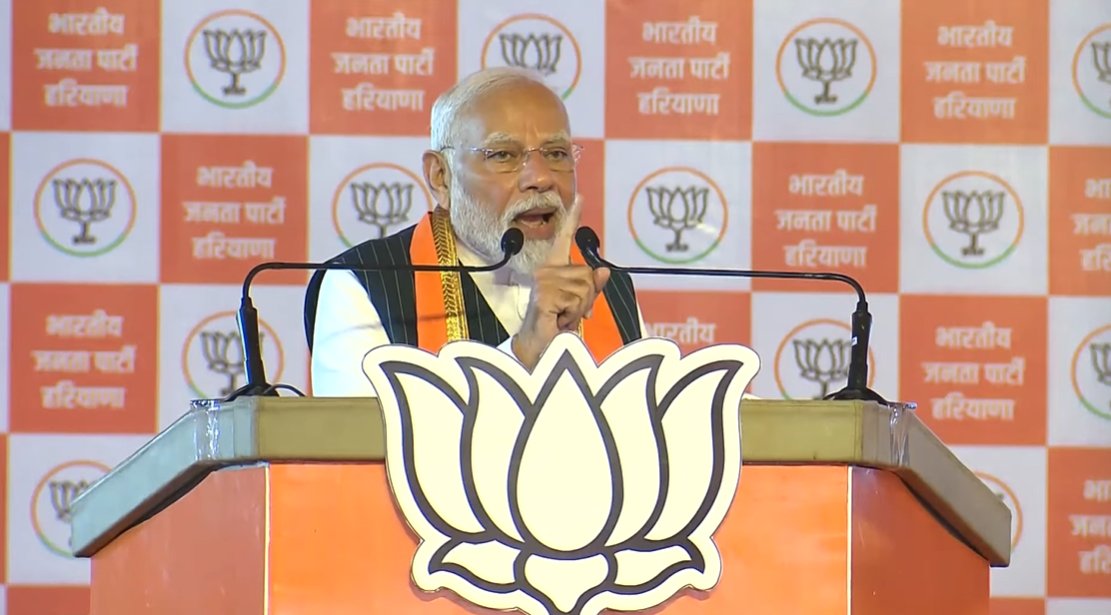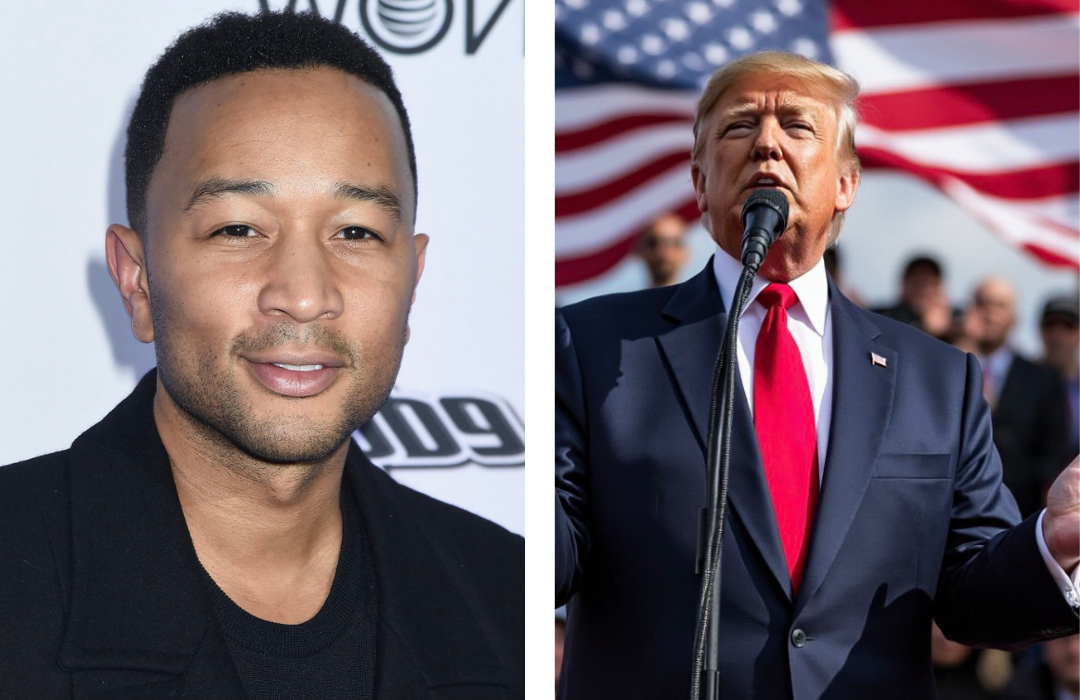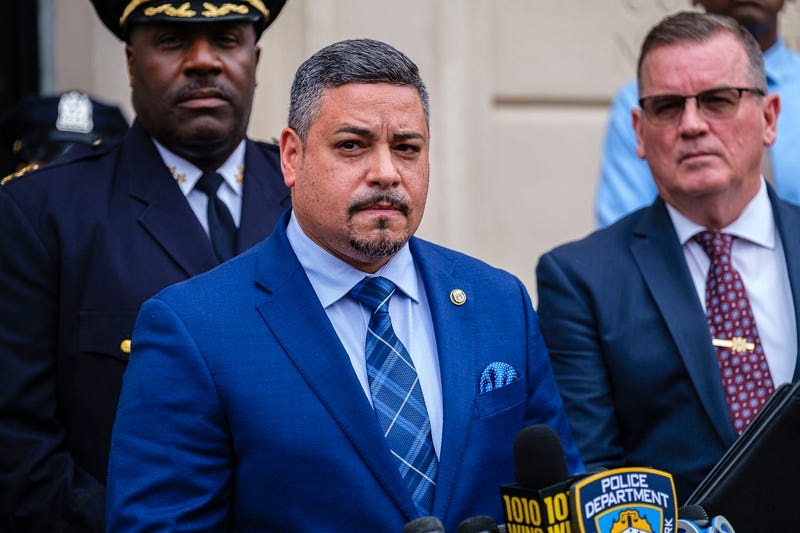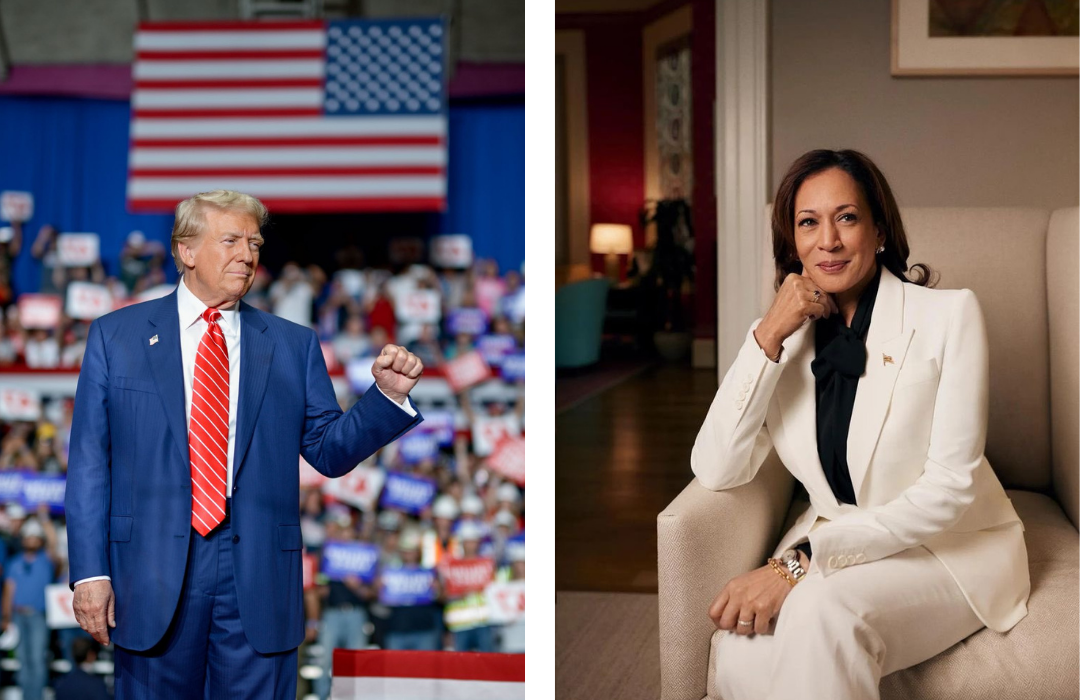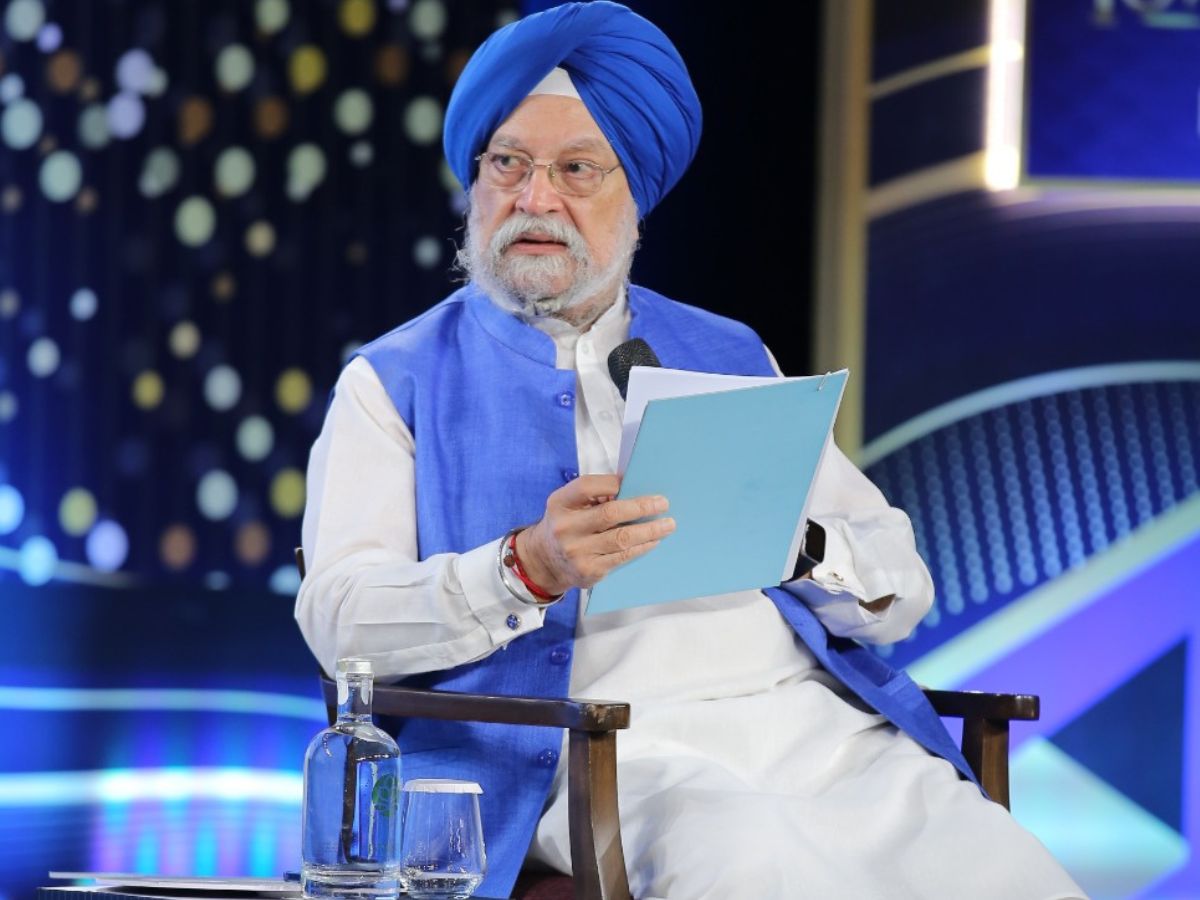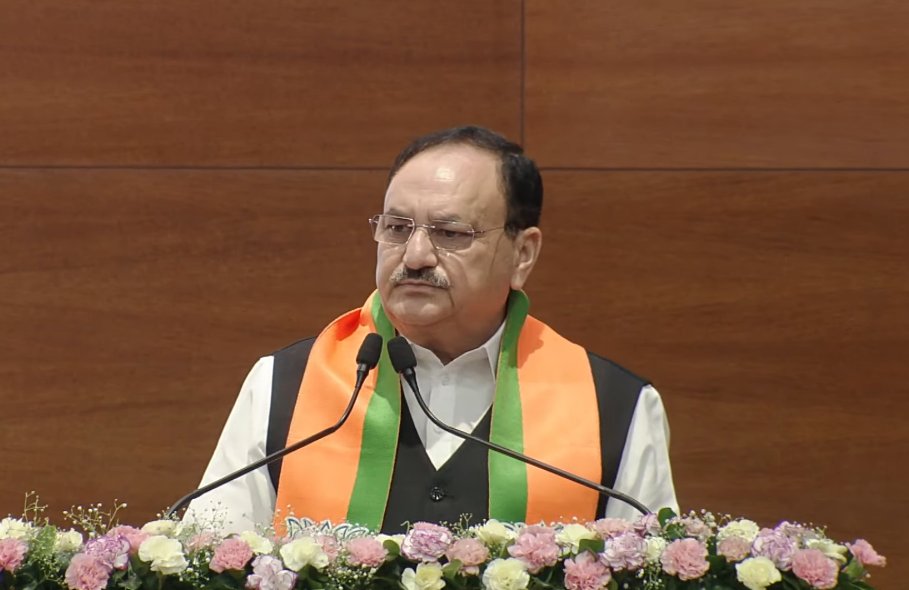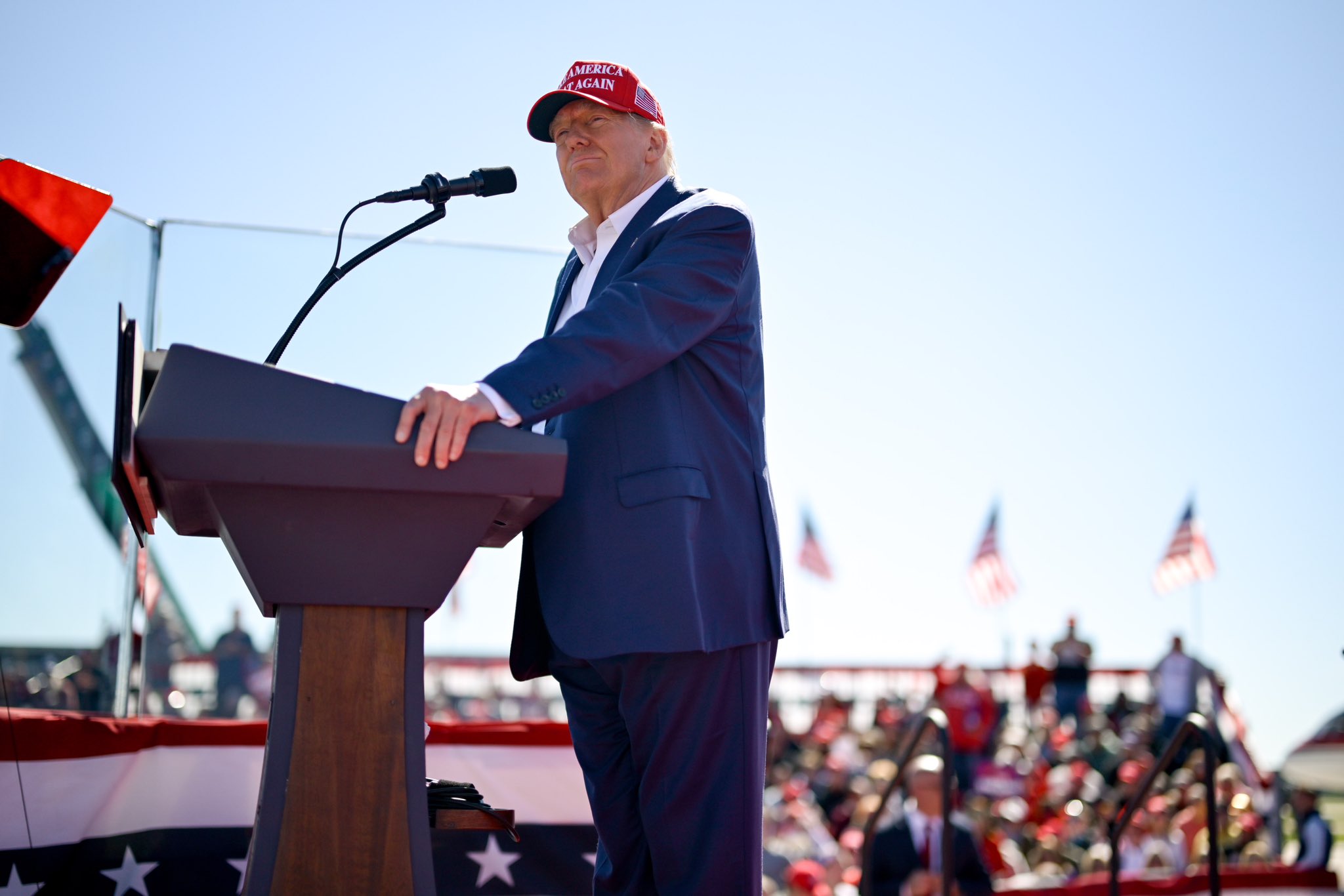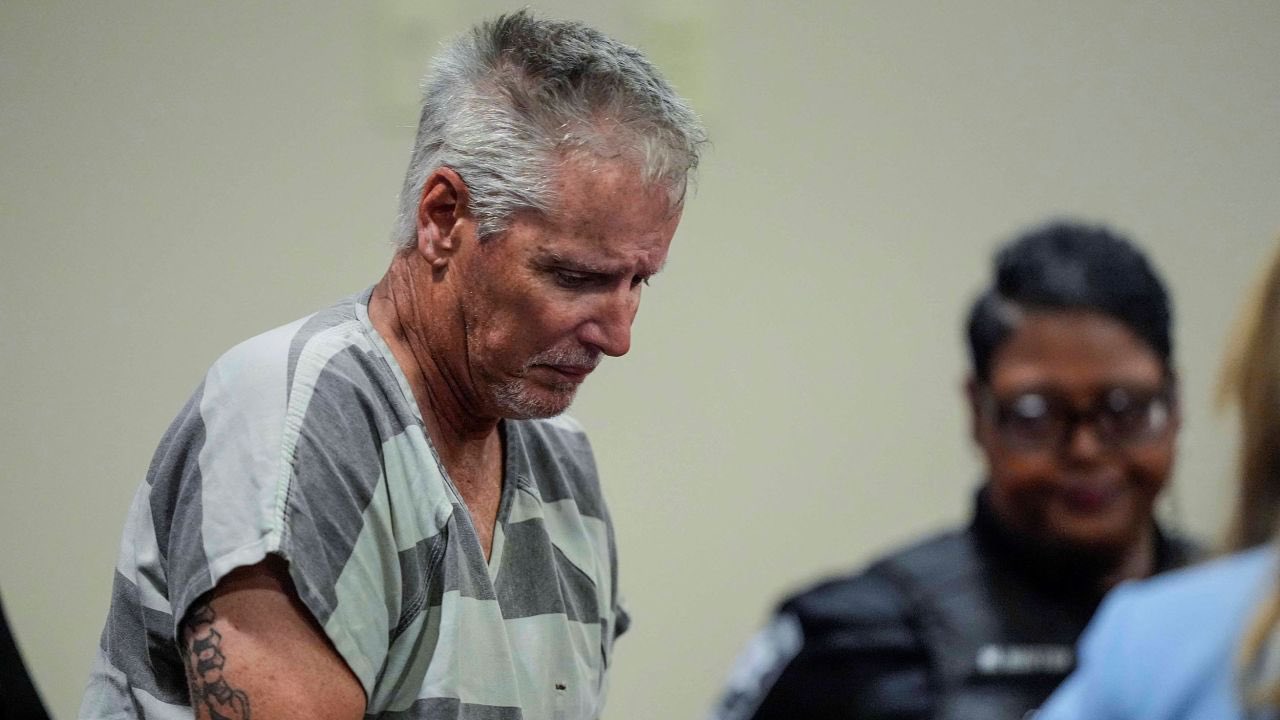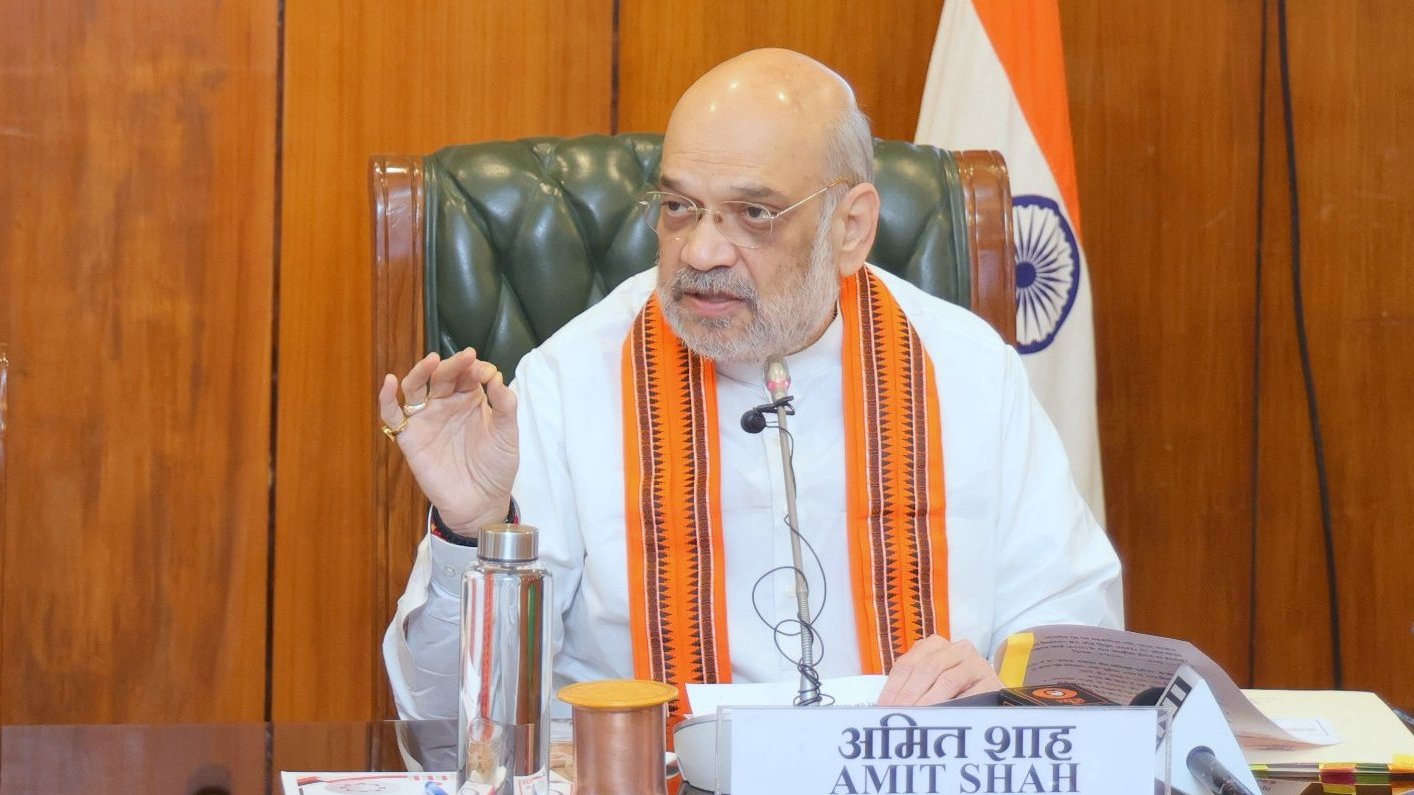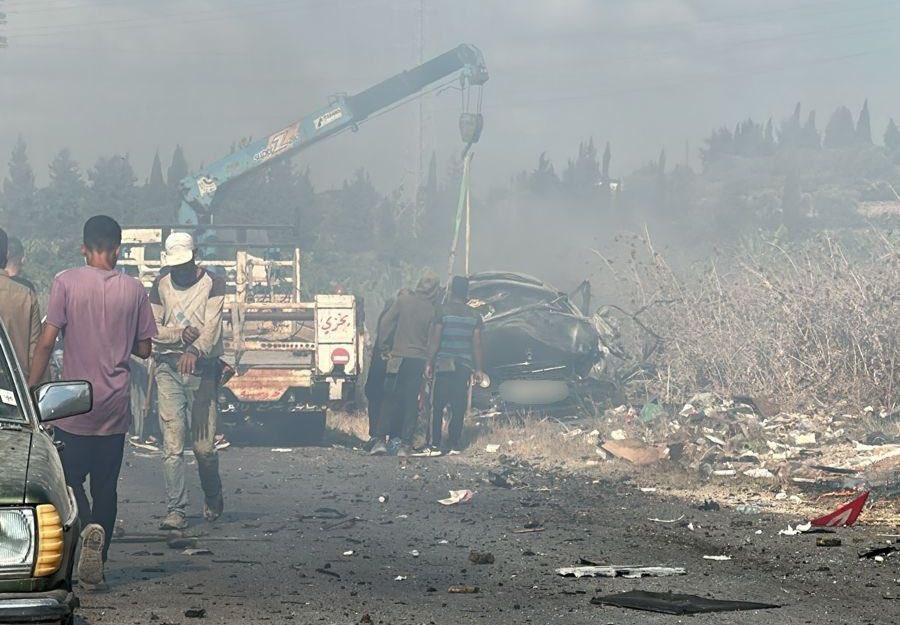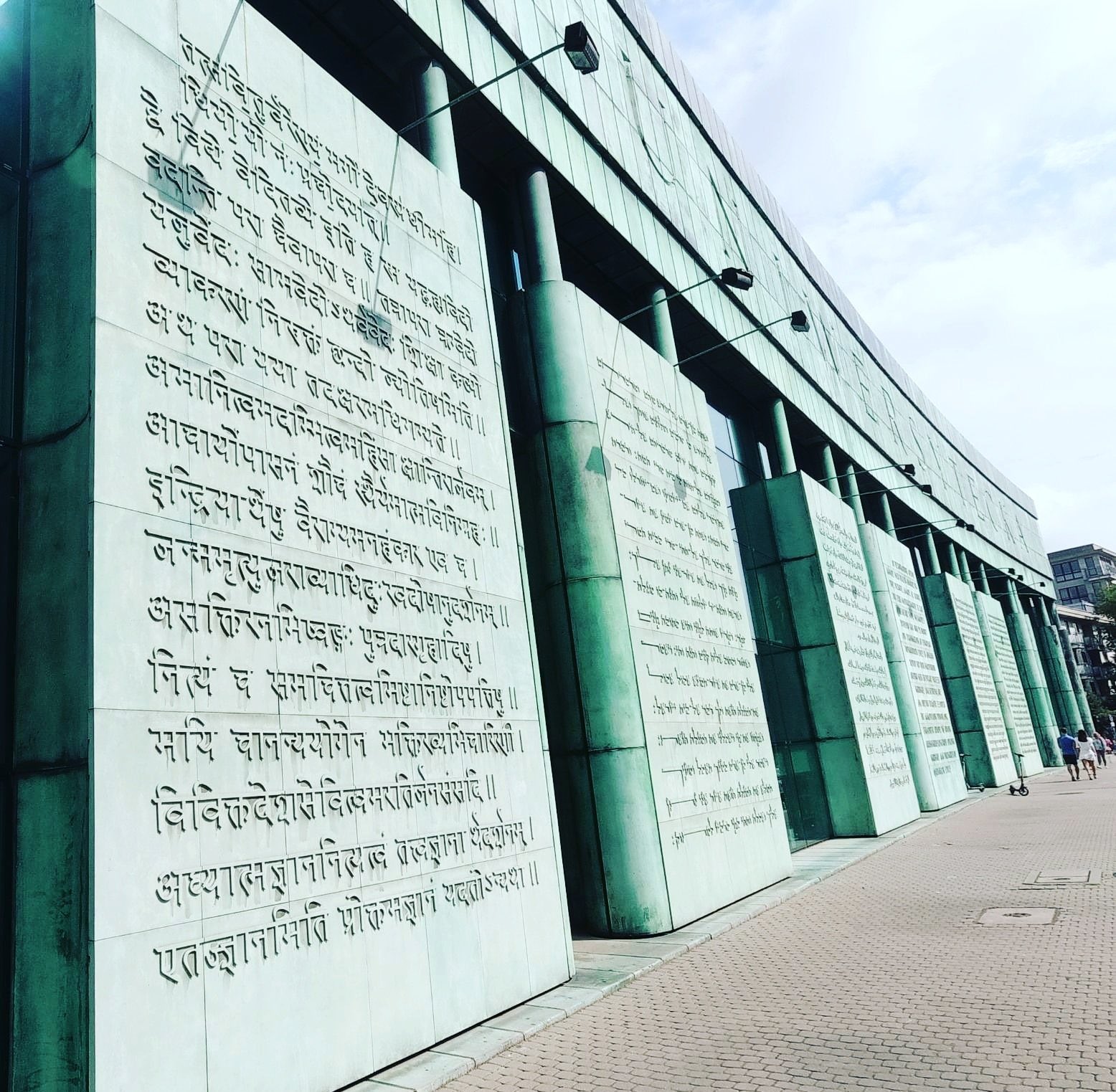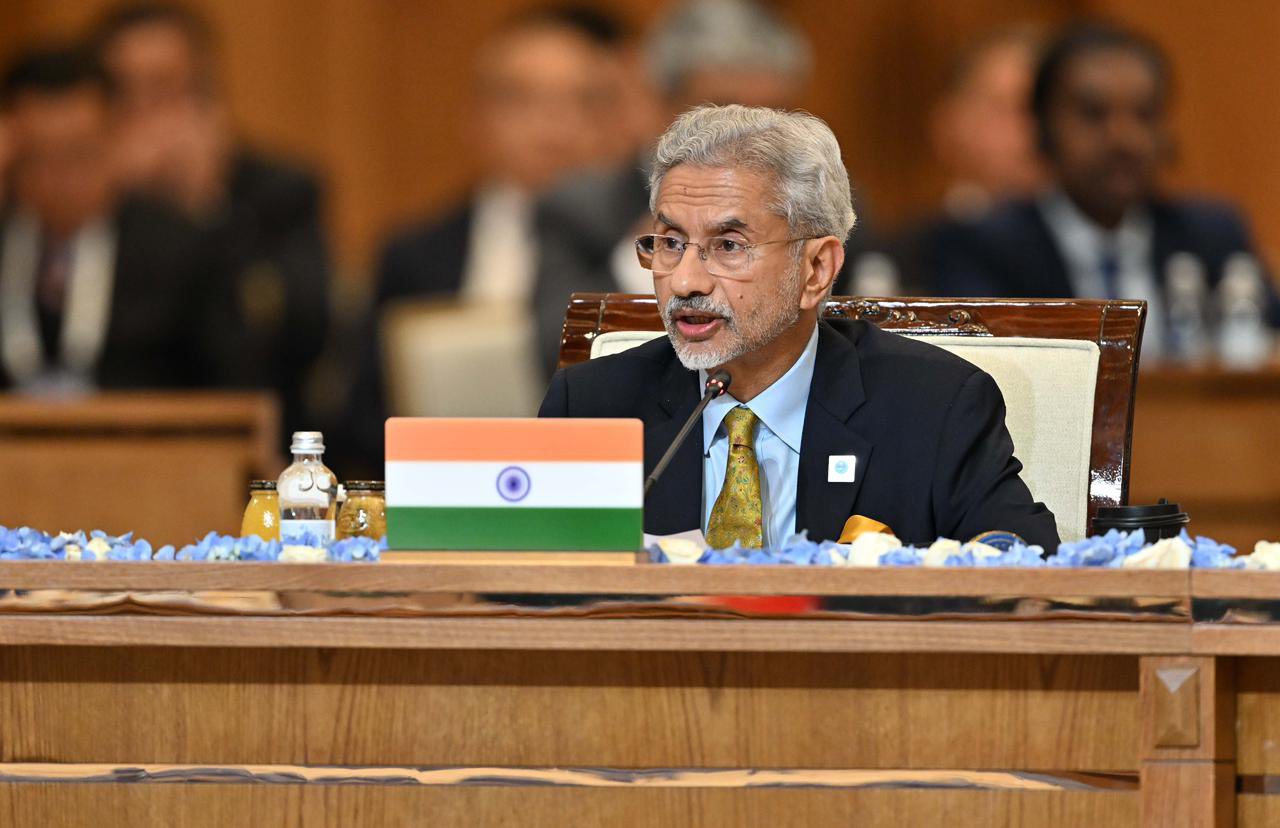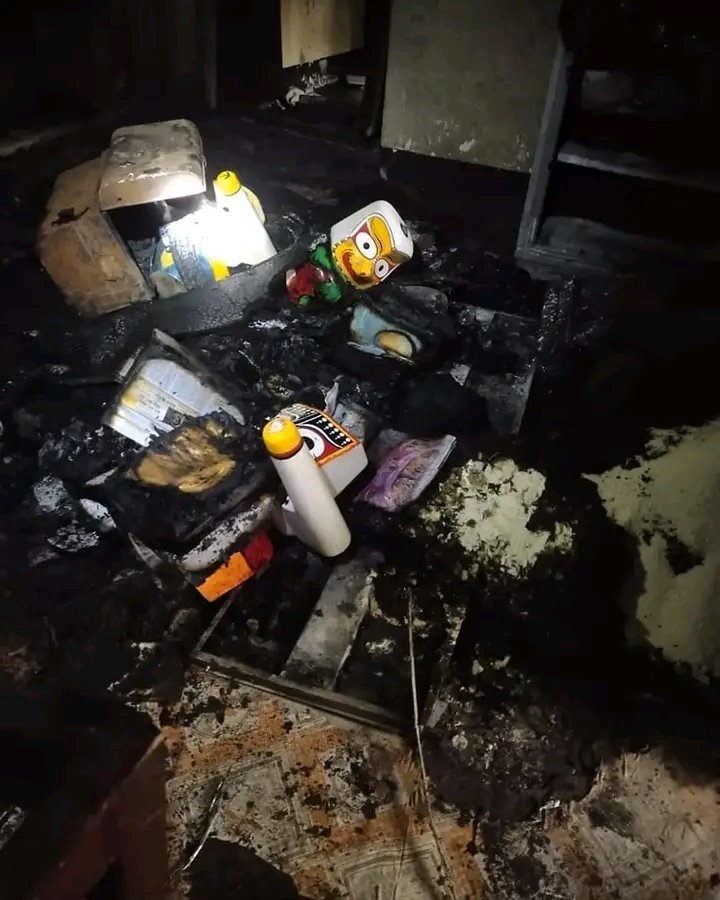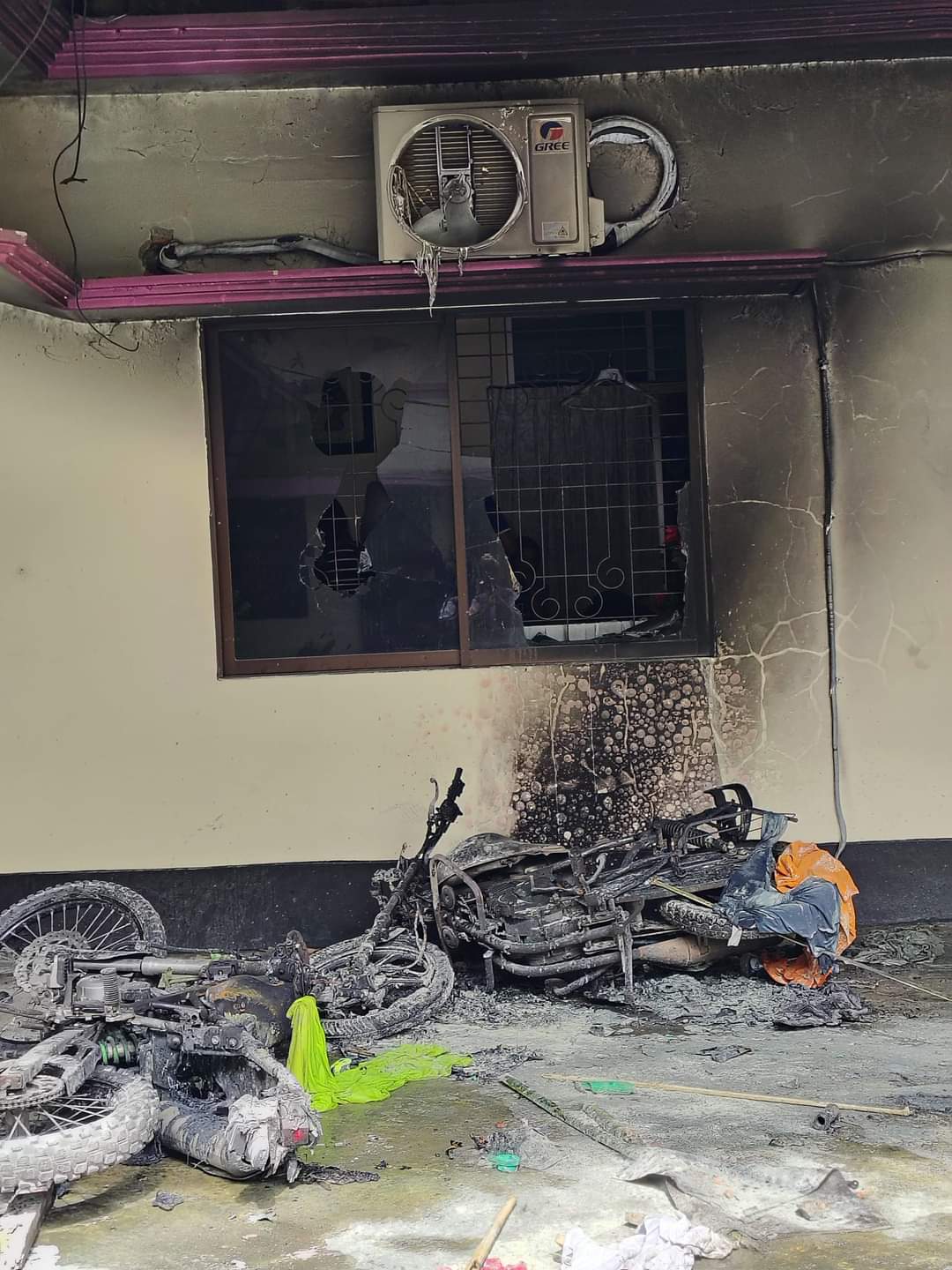In a dramatic turn of events during a general election debate, Donald Trump, former U.S. President and current Republican nominee, made one of the most bizarre and inflammatory statements in recent political history. While addressing a crowd in Springfield, Ohio, Trump unleashed a shocking claim about Haitian-American immigrants, accusing them of harming local pets.
“They’re eating the dogs,” Trump declared, referring to the Haitian immigrants in the community. “The people that came in, they’re eating the cats. They’re eating, they’re eating the pets of the people that live there.” This disturbing comment, which left many stunned, quickly sparked controversy and condemnation from local officials, immigrant communities, and political figures alike.
Fact vs. Fiction: Debunking Trump’s Claims
To any reasonable observer, Trump’s accusation is both outlandish and disconnected from reality. Springfield officials, who have worked closely with immigrant communities, were quick to refute the former president’s remarks, branding them as baseless and harmful. There has been no evidence whatsoever to support the claim that Haitian immigrants are engaging in such behavior.
City representatives have gone to great lengths to discredit the narrative, reiterating that immigrants, including those from Haiti, have positively contributed to the community. They work in local businesses, pay taxes, and have been instrumental in revitalizing parts of the city.
A spokesperson from Springfield City Hall commented, “These types of false claims only serve to divide communities. Immigrants in Springfield are hardworking individuals who are part of the fabric of our city. This rhetoric is dangerous and simply not true.”
The Real-World Impact of Trump’s Falsehoods
Despite the swift debunking of Trump’s claims, the ripple effect has already begun. His comments have stoked anti-immigrant sentiment among certain groups, leading to increased tensions in Springfield and other areas. Social media platforms have seen a surge of hateful messages targeting Haitian-Americans, further polarizing public opinion.
What makes this situation even more concerning is the amplification of these lies by Trump’s running mate and some of their political allies. By echoing these unfounded statements, they risk normalizing misinformation and fueling xenophobia. The implications of such rhetoric go beyond just political posturing—they impact real people and real communities.
Hours after the initial remarks in Ohio, Trump took his divisive message to Arizona, where he once again pushed the same false claims, this time going even further. He alleged that “illegal Haitian migrants” had destroyed entire communities in Ohio, reinforcing a narrative of fear and suspicion.
“Nobody knows where they come from,” Trump said, adding to the confusion and fear he was sowing. His refusal to acknowledge the truth of the situation—namely, that the Haitian immigrants in question had entered the country legally—further eroded trust in the political process.
In reality, the Haitians that Trump referenced have legal residency, and many have been living in the United States for years. They have integrated into society and have been helping to build up the very communities Trump claims they are destroying. It is worth noting that Haitian immigrants, like all other groups, undergo extensive vetting processes when entering the country legally, and they come with the desire to improve their lives and contribute positively to their new home.
READ MORE – Donald Trump’s Growing Alliance with Laura Loomer Stirs Controversy Among Allies.
Trump’s Troubling History with Haitian-Americans
Trump’s recent comments are not an isolated incident but part of a larger pattern of hostility towards the Haitian community. Eight years ago, during his first presidential campaign, Trump visited the Little Haiti Cultural Center in Miami, where he expressed solidarity with Haitian-Americans, promising that he would be their “biggest champion.” At the time, this sentiment resonated with many in the Haitian community, who were hopeful that Trump would address their concerns.
However, these promises were quickly broken. In 2017, just a year into his presidency, Trump rescinded the Temporary Protected Status (TPS) for Haitian immigrants. TPS had been granted to Haitians following the devastating earthquake in 2010, allowing many to legally remain in the United States while their homeland recovered from the disaster. By canceling this protection, Trump effectively stripped thousands of Haitians of their legal status, leaving them vulnerable to deportation.
The following year, during a private White House meeting, Trump reportedly referred to Haiti and other African nations as “s—hole countries,” further exposing his deep-seated prejudices. These remarks were widely condemned, both domestically and internationally, as an affront to the dignity of the people from those nations.
Fast forward to today, and Trump’s relationship with the Haitian community has only worsened. His latest attack on Haitian immigrants in Ohio highlights the extent to which he is willing to use harmful, racially charged rhetoric for political gain.
The Broader Implications of Trump’s Lies
Trump’s false narrative about Haitian immigrants is emblematic of a larger issue: the use of misinformation as a tool to stoke fear and division. In this case, Trump is attempting to scapegoat a vulnerable community for problems that do not exist, all in an effort to energize his base ahead of the 2024 election.
This tactic is not new. Throughout his political career, Trump has frequently used immigrants as a convenient target for his grievances, painting them as a threat to American society. Whether it was the infamous Muslim travel ban, his repeated calls to build a wall along the southern border, or now his attacks on Haitian immigrants, Trump has consistently resorted to xenophobia as a way to rally support.
The danger in this approach is that it undermines the truth and erodes public trust in institutions. When a former president and major-party candidate spreads lies, it becomes more difficult for people to discern fact from fiction. This disinformation can lead to real-world consequences, such as harassment, violence, or unjust policies that target marginalized groups.
The Way Forward
As the 2024 election approaches, it is more important than ever for voters to critically evaluate the claims made by political candidates. Trump’s comments about Haitian immigrants in Ohio are a stark reminder of the power of words and the responsibility that comes with holding public office. Instead of spreading lies and division, leaders should work to unite communities and address real issues facing the country.
For the Haitian community in Springfield and beyond, the fight against misinformation continues. Despite Trump’s harmful rhetoric, they remain resilient, contributing to the cities they now call home. Their story is one of perseverance in the face of adversity, a testament to the strength of immigrant communities across the United States.
In conclusion, Donald Trump’s baseless accusations against Haitian immigrants reflect a broader trend of fearmongering in American politics. As voters, it is our duty to seek out the truth and hold our leaders accountable for their words and actions. The future of the nation depends on it.






























